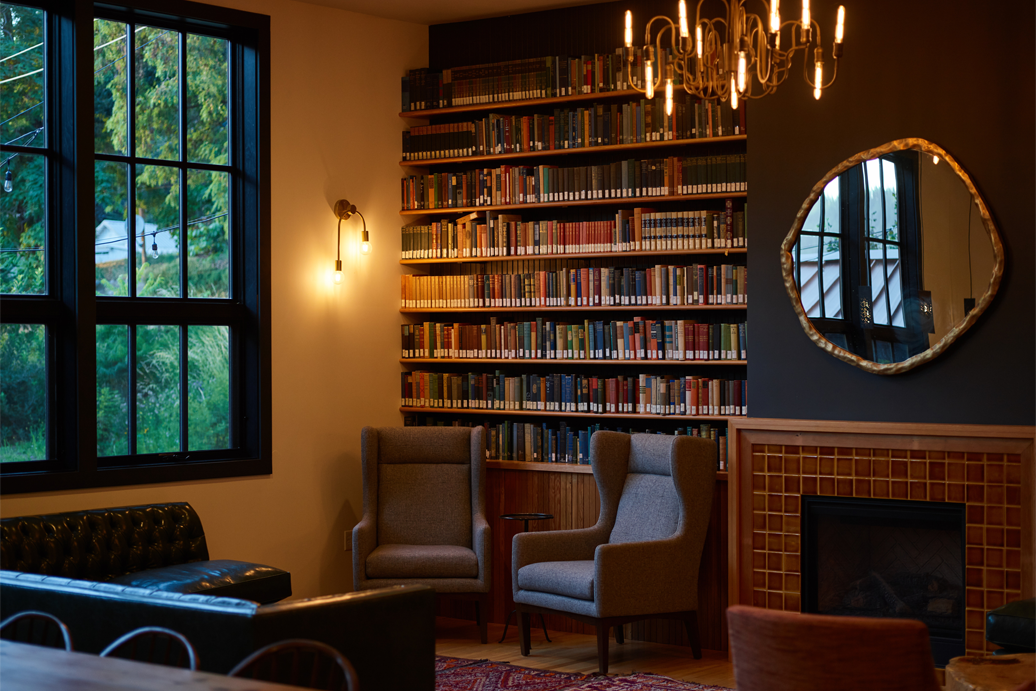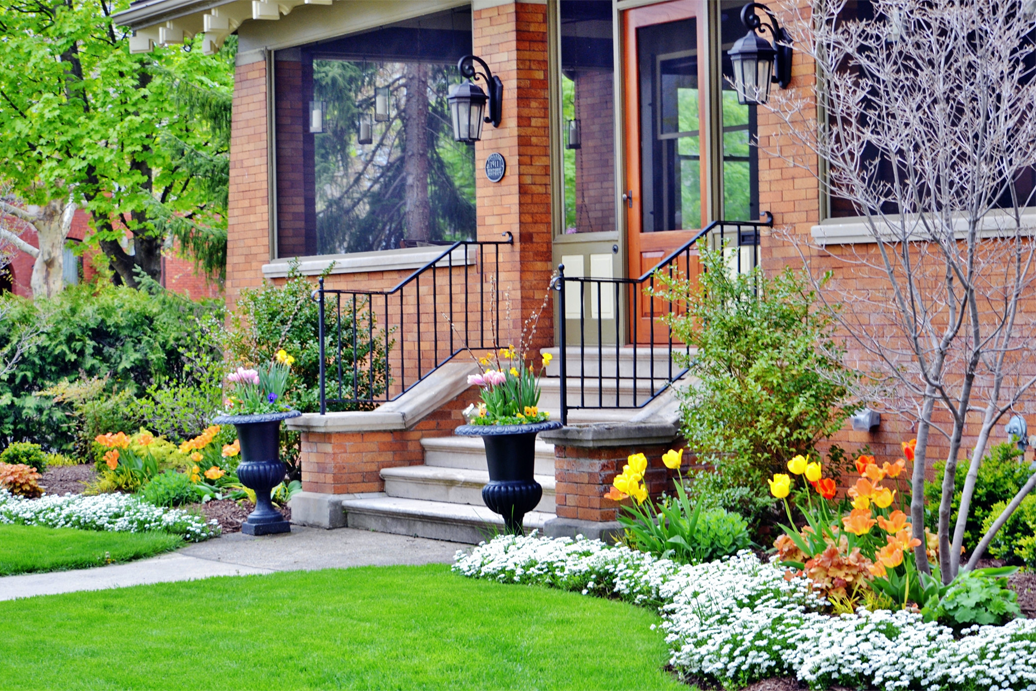Staging requires a great deal of talent and skill—especially when the home in question is high end. Whether your property is a historic mansion or a marvel of modern architecture, working with a stager who has the right expertise could be the key to a very successful (and lucrative) sale.
If you’re preparing to put your high-end home on the market, here are five things you should know about staging…
1) It’s not about your personal style
When a stager wants to change your home’s interior, it can be hard not to take it personally. It’s important to remember that it’s not about your design preferences—or the property you’ve decorated with care.
A professional stager’s recommendations are always based on expertise. They’re designed to help you attract buyers, facilitate beautiful listing photos, and secure the best outcome possible!
2) There’s more to it than you think
Many sellers believe that the staging process is about organizing a home and giving it a few finishing touches. Others imagine it to be a complete and total style overhaul. In fact, it’s usually something in between.
The ideal shade of paint, a few carefully-curated pieces of furniture, and the highest caliber of decor can make all the difference in how a home is perceived. Some properties may require more of these additions than others. Fortunately, a professional who understands your most likely buyers can implement the right level of staging.
3) It’s about focusing on the (nearly) universal
With most properties, the goal of staging is to generate attention from as many potential purchasers as possible. While your home is bound to attract a smaller buyer pool if it’s at a higher price point, boosting its universal appeal is still key. That means making it feel big, bright, and airy—qualities that almost everyone loves.
When it comes to design, there are also a few conventions to consider. There’s a reason why neutral hues and classic silhouettes are so popular—they can help any buyer imagine a home as their own. While your stager may not suggest going this route, their recommendations should be refined enough to appeal to as many of your target buyers as possible.
4) Staging should complement your home
While highlighting the most universally-appealing aspects of your home is important, you don’t want to detract from its uniqueness. That’s why a true staging expert won’t use a one-size-fits-all approach.
Heritage properties are typically filled with sought-after details, like period moulding and stained glass. Likewise, newer homes of architectural significance often contain impressive features (like, say, beautiful skylights). Your stager’s efforts should call attention to what sets your property apart—and use it to create a consistent, overarching aesthetic that will complement it perfectly.
5) The impact of staging is real
Staging is truly an art. When it’s done right, it can lead to a quicker sale and a higher return. Consider a study from RESA, which found that staged properties sold in one-third the time it took to sell their unstaged counterparts. As many agents will tell you, they also routinely command 5 to 10 per cent more money!
While staging a home can take a bit of extra effort, it’s worthwhile when you work with a true professional. An expert who understands historic and architecturally-significant properties can help you make an informed decision—and guide you smoothly through the home-preparation process.
Ready To Sell Your Home?
Reach out to benefit from our local expertise!

